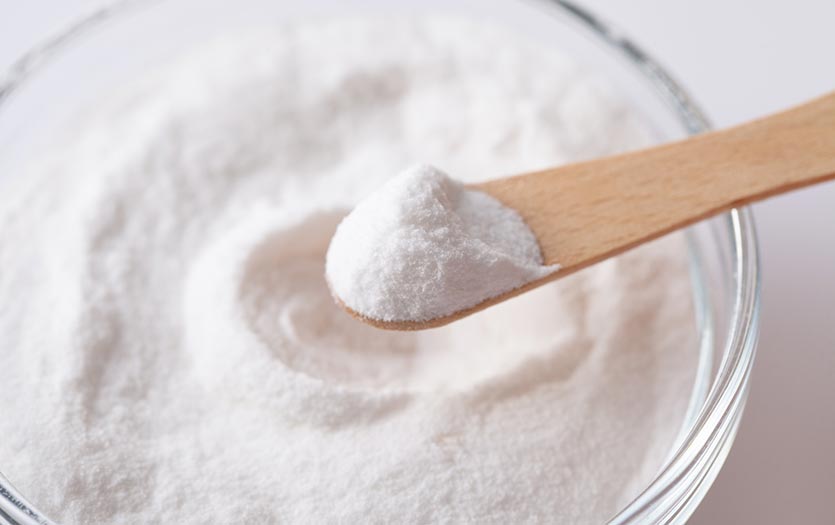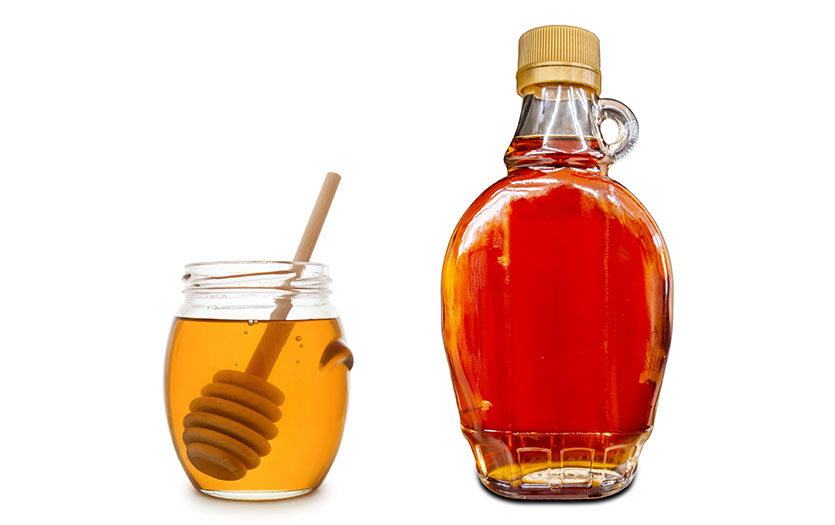
This post was written by Thomas Arend, RD, LD, Nutrition Services, Parkview Health.
You may have seen recent headlines linking the artificial sweetener aspartame to cancer. On the heels of the recent study showing this correlation as well as the World Health Organization (WHO) listing aspartame as a possible carcinogen, you may be wondering if you should avoid aspartame and sugar alternatives altogether. Here, I break down the recent findings so you can make more informed decisions.
What is aspartame?
Aspartame is one of the most used artificial sweeteners. It is roughly 200 times sweeter than sugar. Classified by the FDA as “generally recognized as safe,” aspartame can be found in many different diet and zero-calorie beverages, including Diet Coke®, as well as an ever-expanding list of products.
What was the study?
The study that sparked the flurry of recent news headlines was an observational study conducted in France. In an observational study, data is gathered and is then used to find trends and correlations. In this case, the study gathered data from a group of people about their diets, including their intake of artificial sweeteners.
- Title: “Artificial sweeteners and cancer risk: Results from the NutriNet-Santé population-based cohort study” published in PLOS Medicine.
- Included 102,865 participants.
- Collected data every six months over a 13-year period using a web-based app.
What were the findings?
The study found an increased risk of cancer for those who reported consuming more aspartame than the average French person. Specifically, it found a 15% higher risk of developing any cancer and a 22% higher risk of developing breast cancer.
- For those that consumed non-artificial sweeteners, 2,013 of the 64,892 people (3.1%) developed cancer within the follow-up period; 1.1% developed breast cancer.
- For those that consumed low amounts of aspartame, 572 of the 14,345 people (4.0%) developed cancer; 1.5% developed breast cancer.
- For those that consumed high amounts of aspartame, 477 of the 14,351 people (3.3%) developed cancer; 1.3% developed breast cancer.
What do these findings mean?
While it’s hard to make any definite conclusions from the findings, let’s compare this data with other observational data for cancer risk. Aspartame intake was associated with a 15% increased risk of cancer and a 22% increased risk of breast cancer. For cigarette smokers, the risk of developing lung cancer is 1,500%–3,000% higher than nonsmokers. For people who drink approximately seven beers a day, the risk of developing oral and pharynx cancers is 600% higher than non-drinkers. We can see that based on these studies, the risk of drinking aspartame most likely is nowhere near the risk of drinking or smoking cigarettes. However, there is still the possibility of risk to consider.
What additional information is needed?
There are many questions that could be asked about the study or the findings. For example, how accurate are people at recording their daily intakes? If aspartame was causing the cancer, why didn’t the highest consumers have more cancer?
This study was only one of many that the WHO looks at to try and make recommendations. In July 2023, the WHO placed aspartame into the “possibly carcinogenic” category, which also includes diesel fuel, an injectable birth control and a common food additive. The WHO stated that with limited evidence, more research is needed to understand whether consuming aspartame puts you at risk for developing cancer.
Observational studies do not prove that one thing causes another — they simply find trends and correlations. Because of this, far more is required to prove that aspartame causes cancer, including human studies, animal studies and more. This study, however, does help provide some valuable insight into the possible risks of aspartame so you can judge for yourself.
Sources
- https://www.fda.gov/food/food-additives-petitions/aspartame-and-other-sweeteners-food
- https://www.ncbi.nlm.nih.gov/pmc/articles/PMC8946744/
- https://www.ncbi.nlm.nih.gov/pmc/articles/PMC8946744/
- https://www.cdc.gov/cancer/lung/basic_info/risk_factors.htm
- https://www.nature.com/articles/6692140.pdf
- https://www.who.int/news/item/14-07-2023-aspartame-hazard-and-risk-assessment-results-released



